🧬 Mounjaro vs Zepbound vs Wegovy: Which Works Best in 2026?
Updated: October 2026
GLP-1 and dual GIP/GLP-1 drugs have transformed the weight loss industry in the U.S. — and by 2026, the competition between Mounjaro, Zepbound, and Wegovy is more intense than ever.
Each of these medications promises impressive weight reduction results, but which one is truly the best in 2026 — in terms of effectiveness, cost, insurance coverage, and availability?
Let’s break it all down.
🩺 Quick Overview
| Drug | Active Ingredient | FDA Approval | Primary Use | Manufacturer |
|---|---|---|---|---|
| Mounjaro | Tirzepatide (GIP + GLP-1 agonist) | 2022 | Type 2 Diabetes + Weight Loss | Eli Lilly |
| Zepbound | Tirzepatide (same as Mounjaro) | 2023 | Chronic Weight Management | Eli Lilly |
| Wegovy | Semaglutide (GLP-1 agonist) | 2021 | Obesity / Weight Loss | Novo Nordisk |
🔗 Sources: FDA.gov, Drugs.com, GoodRx.com
💪 Effectiveness: Which Works Best?
Clinical data shows both Zepbound and Mounjaro outperform Wegovy in terms of average weight loss percentages — thanks to tirzepatide’s dual-action mechanism (GIP + GLP-1).
| Drug | Average Weight Loss | Duration of Study | Key Takeaway |
|---|---|---|---|
| Wegovy (Semaglutide) | ~15% body weight | 68 weeks | Great results, but may plateau |
| Mounjaro (Tirzepatide) | ~20% body weight | 72 weeks | Strongest overall performance |
| Zepbound (Tirzepatide) | ~21% body weight | 72 weeks | Designed specifically for obesity |
🧠 Verdict: Zepbound slightly leads in 2026 for total weight reduction, while Mounjaro remains popular for diabetes + weight benefits.
💵 2026 Price Comparison (Monthly Cost in the U.S.)
| Drug | Average Retail Price | With Insurance | Manufacturer Savings Program |
|---|---|---|---|
| Wegovy | $1,349/month | $25–$100 (copay) | NovoCare Savings |
| Mounjaro | $1,023/month | $0–$25 (with coupon) | Lilly Savings Card |
| Zepbound | $1,060/month | $0–$25 (eligible users) | Zepbound Savings Program |
💡 Tip: Most U.S. insurance plans now cover Zepbound or Mounjaro for obesity management in 2026, especially after recent guideline updates.
⚖️ Comparison Table: Zepbound vs Mounjaro vs Wegovy (2026)
| Feature | Zepbound | Mounjaro | Wegovy |
|---|---|---|---|
| FDA-approved for Obesity | ✅ | ❌ (for diabetes) | ✅ |
| Average Weight Loss (clinical) | 21% | 20% | 15% |
| Injection Frequency | Weekly | Weekly | Weekly |
| Insurance Coverage (2026) | Widespread | Moderate | High |
| Side Effects (common) | Nausea, fatigue | Nausea, constipation | GI upset, fatigue |
| Best For | Dedicated weight loss | Diabetes + weight control | Non-diabetic obesity |
🏁 Overall Winner (2026): Zepbound, for its balance between high effectiveness, affordability with insurance, and targeted approval for obesity.
🧾 Side Effects Overview
Most patients experience mild-to-moderate digestive issues early on:
-
Nausea or vomiting
-
Constipation or diarrhea
-
Fatigue
-
Reduced appetite
👉 Always discuss medication changes or dosage with your healthcare provider.
💡 Expert Insight (2026 Update)
According to Dr. Katherine Saunders, an obesity medicine specialist at Weill Cornell, “Tirzepatide-based drugs like Zepbound show the most promising long-term weight loss data so far — especially when paired with lifestyle and nutrition changes.”
🧮 Insurance and Affordability in 2026
Good news for Americans:
As of 2026, Medicare and major private insurers (Aetna, Cigna, Blue Cross) have expanded partial coverage for GLP-1 weight loss drugs — including Zepbound and Wegovy — especially for patients with BMI ≥30.
🔗 Reference: GoodRx GLP-1 Coverage Report 2026
🧠 Frequently Asked Questions (FAQ)
1. Which drug is the most effective for weight loss in 2026?
Zepbound currently leads in average weight loss data, slightly outperforming Mounjaro and Wegovy.
2. Can I switch from Wegovy to Zepbound or Mounjaro?
Yes, but it must be medically supervised. Both Zepbound and Mounjaro contain tirzepatide and require dosage adjustment.
3. Are these drugs covered by insurance?
In 2026, more insurers cover GLP-1 medications for obesity management than ever before. Coverage depends on your plan and provider.
4. Where can I buy them cheaper?
Check verified pharmacy deals:
-
GoodRx – Compare Prices
-
CostPlus Drugs
-
Blink Health
🔍 Related Articles (Internal Links)
-
Wegovy Cost in the US 2026: Monthly Price, Insurance & Pharmacy Deals
-
Zepbound Cost in the US 2026: Cheapest Pharmacies & Coupons
-
Mounjaro Cost in the US 2026: With & Without Insurance
🧭 Final Verdict
In 2026, Zepbound takes the lead for weight loss only, while Mounjaro remains the best option for patients with Type 2 diabetes who also want weight reduction.
Wegovy remains a strong alternative — especially for patients who tolerate semaglutide better or have full insurance coverage.
💬 If cost and results both matter — Zepbound may be the sweet spot in 2026.
🔍 Additional Information for U.S. Audience (2025–2026 updates)
📉 Insurance & Coverage Landscape in the U.S.
-
As of 2025, some insurance plans have started restricting or dropping coverage for GLP-1 or tirzepatide drugs for obesity. GoodRx+2Forbes+2
-
CVS Caremark, one of the largest pharmacy benefit managers, removed Zepbound from its formulary for some insurance plans as of July 1, 2025. Zepbound+1
-
According to Medical News Today, coverage for Zepbound depends heavily on your plan, diagnosis, and whether it’s considered medically necessary. Medical News Today
-
Lilly’s Zepbound Savings Card allows eligible commercially insured patients to pay as little as $25 per 28-day fill, subject to caps. Zepbound+2Drugs.com+2
-
However, that savings card expires December 31, 2025 (i.e., the program terms are subject to change). Zepbound
-
In 2025, Medicare and Medicaid will not cover anti-obesity drugs, including GLP-1 and tirzepatide, under their standard programs. American College of Gastroenterology
-
But there is a plan to pilot coverage under Medicare/Medicaid for weight-loss drugs starting April 2026 (Medicaid) and January 2027 (Medicare) via the Center for Medicare & Medicaid Innovation (CMMI). Reuters+2MFM Health+2
-
And in 2025, the U.S. government initiated efforts to evaluate employer and plan-level coverage changes for GLP-1/obesity drugs, noting that some employers may expand, others may cut. Mercer
Takeaway for readers: Insurance coverage is volatile. Ask your plan, check formulary changes annually, and don’t assume continued coverage.
💥 Side Effects, Safety & Warnings (U.S.-Relevant)
-
For Zepbound, common adverse reactions include nausea (~25%), diarrhea (~19%), constipation (~17%), abdominal pain, vomiting, injection site reactions, fatigue, hypersensitivity, and interestingly, hair loss has been cited in ~5% in some reports. Drugs.com+2Zepbound+2
-
Zepbound has also been subject to warnings and legal claims of rare but serious effects (e.g. stomach paralysis, bowel obstruction) in lawsuit literature. Sokolove Law+1
-
For Mounjaro (tirzepatide):
-
Common GI side effects: nausea, diarrhea, vomiting, constipation, abdominal pain, indigestion NCBI+3Drugs.com+3Medical News Today+3
-
Serious side effects: pancreatitis, hypoglycemia (especially when combined with insulin or sulfonylureas), gallbladder disease, acute kidney injury, increased risk of thyroid C-cell tumors in susceptible individuals, hypersensitivity reactions. NCBI+3Drugs.com+3U.S. Food and Drug Administration+3
-
A “boxed warning” is included for thyroid C-cell tumors; contraindicated in patients with medullary thyroid carcinoma (MTC) or MEN2 syndromes. U.S. Food and Drug Administration
-
-
Because Mounjaro is not FDA-approved for weight loss, using it for that purpose is considered off-label. Insurance usually will not cover off-label use. Medical News Today+2Drugs.com+2
-
Tirzepatide (the active in Mounjaro/Zepbound) in general: GI side effects are most common; discontinuation rates rise with higher doses (e.g. ~25% dropout at 15 mg dose vs ~5% at 5 mg). Wikipedia+1
-
The FDA is watching compounded or unapproved versions of GLP-1 / tirzepatide, and has flagged adverse event reports (local injection site reactions, lumps, etc) from compounding products. U.S. Food and Drug Administration
❓ U.S.-Focused Frequently Asked Questions (Add to your FAQ section)
Here are some new FAQs you can add (with suggested answers):
| FAQ | Suggested Answer (U.S. context) |
|---|---|
| Will Medicare or Medicaid cover Zepbound or Wegovy in 2026? | Not under standard coverage today. However, a pilot program under Medicare/Medicaid is planned to start April 2026 (Medicaid) and January 2027 (Medicare) to test coverage of anti-obesity drugs. Reuters+2MFM Health+2 |
| Why did my insurance drop coverage of Zepbound? | Some insurers have removed Zepbound from preferred lists (e.g. CVS Caremark) citing cost and formulary design changes. Zepbound+2Mass.gov+2 |
| Can I use Mounjaro off-label for weight loss? | Yes, some doctors may prescribe it off-label. But because it’s not FDA-approved for weight loss, many insurance plans will not cover it. Medical News Today+2Drugs.com+2 |
| What should I do if my insurer won’t cover it? | Use a manufacturer copay / savings card (if eligible), ask for prior authorization, appeal, or consider direct-pay / patient assistance programs. |
| How long before side effects fade? | Most GI side effects lessen within 4–8 weeks as your body adjusts or with dose escalation more gradually. Drugs.com+2WebMD+2 |
| Is hair loss a side effect? | Some reports (for both Zepbound and tirzepatide generally) mention hair loss in a minority of patients (~5%). Drugs.com+2Motley Rice+2 |
| Which drug is safest long-term? | Long-term safety data is still developing. Watch for thyroid, pancreatic, gallbladder, kidney, and GI warnings. Choose based on personal risk factors and supervision by an endocrinologist. |
| Will prices drop in 2026? | There’s a chance. With more competition, policy changes (Medicare/Medicaid pilots), and pressure from insurers, prices or copays may change. |
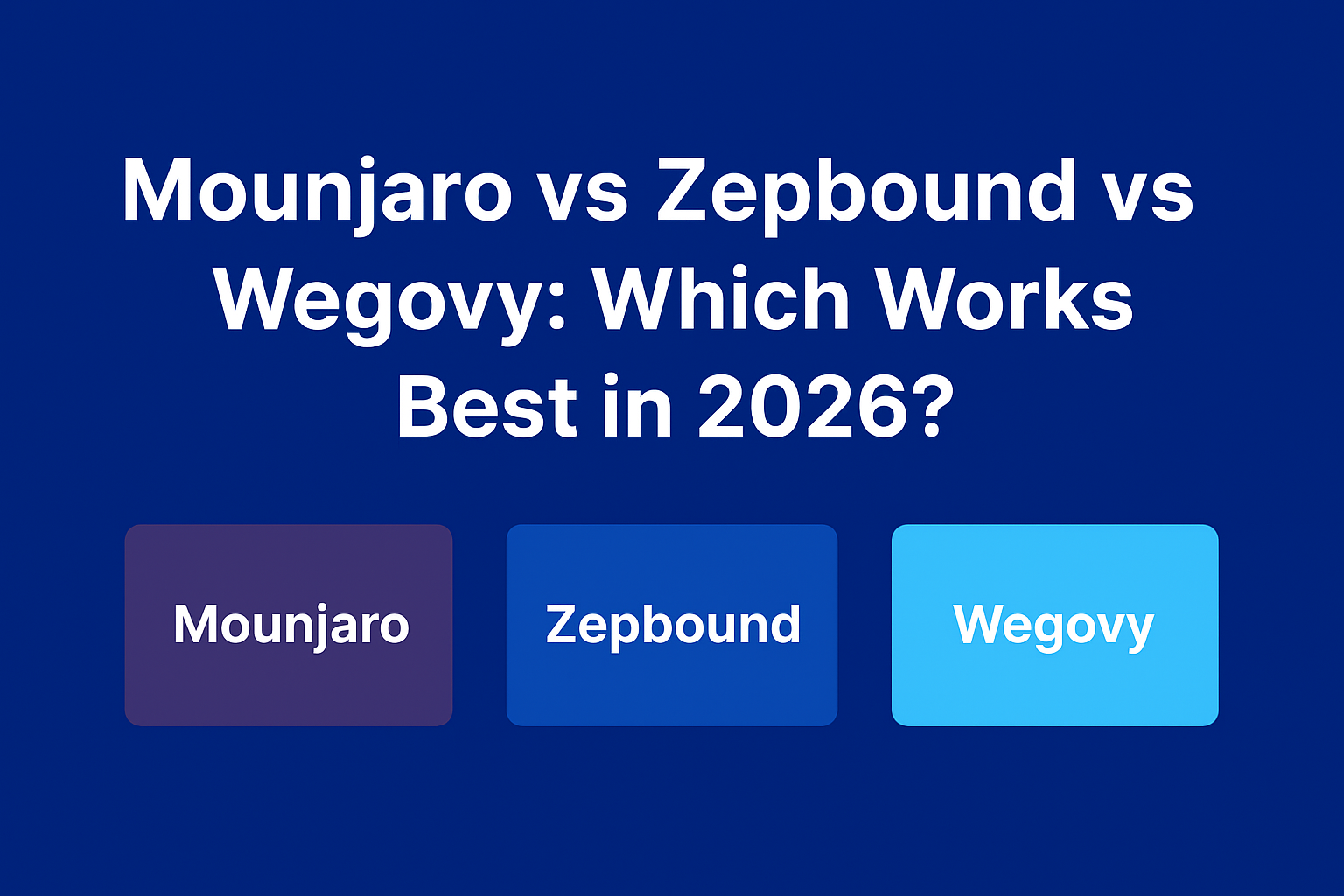
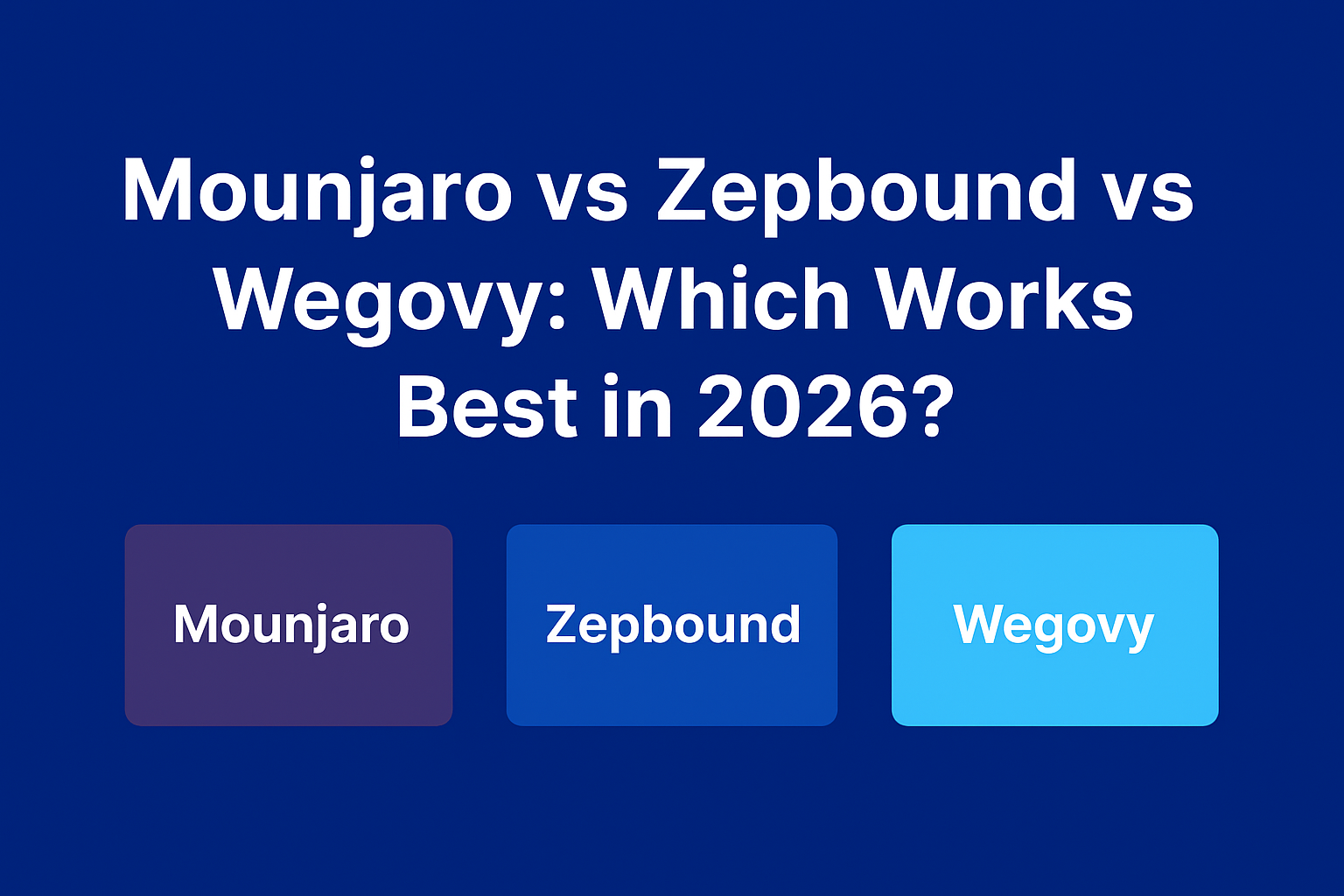

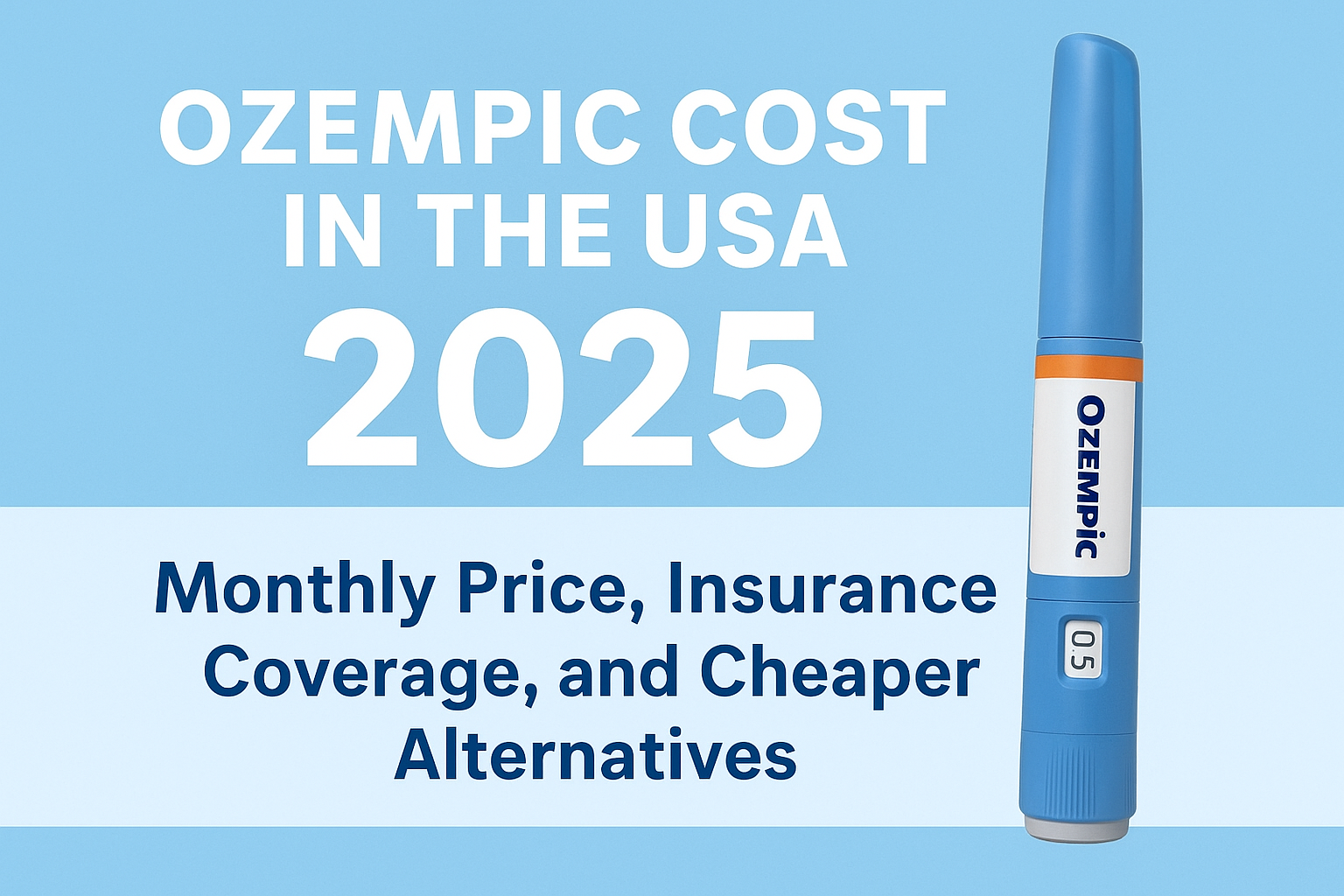
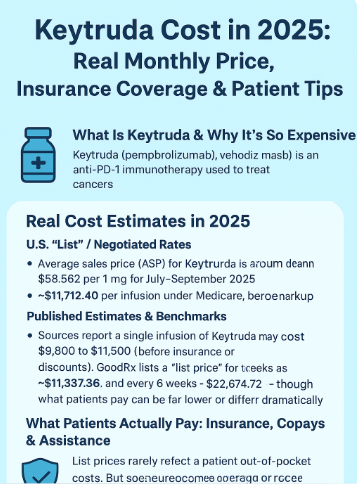

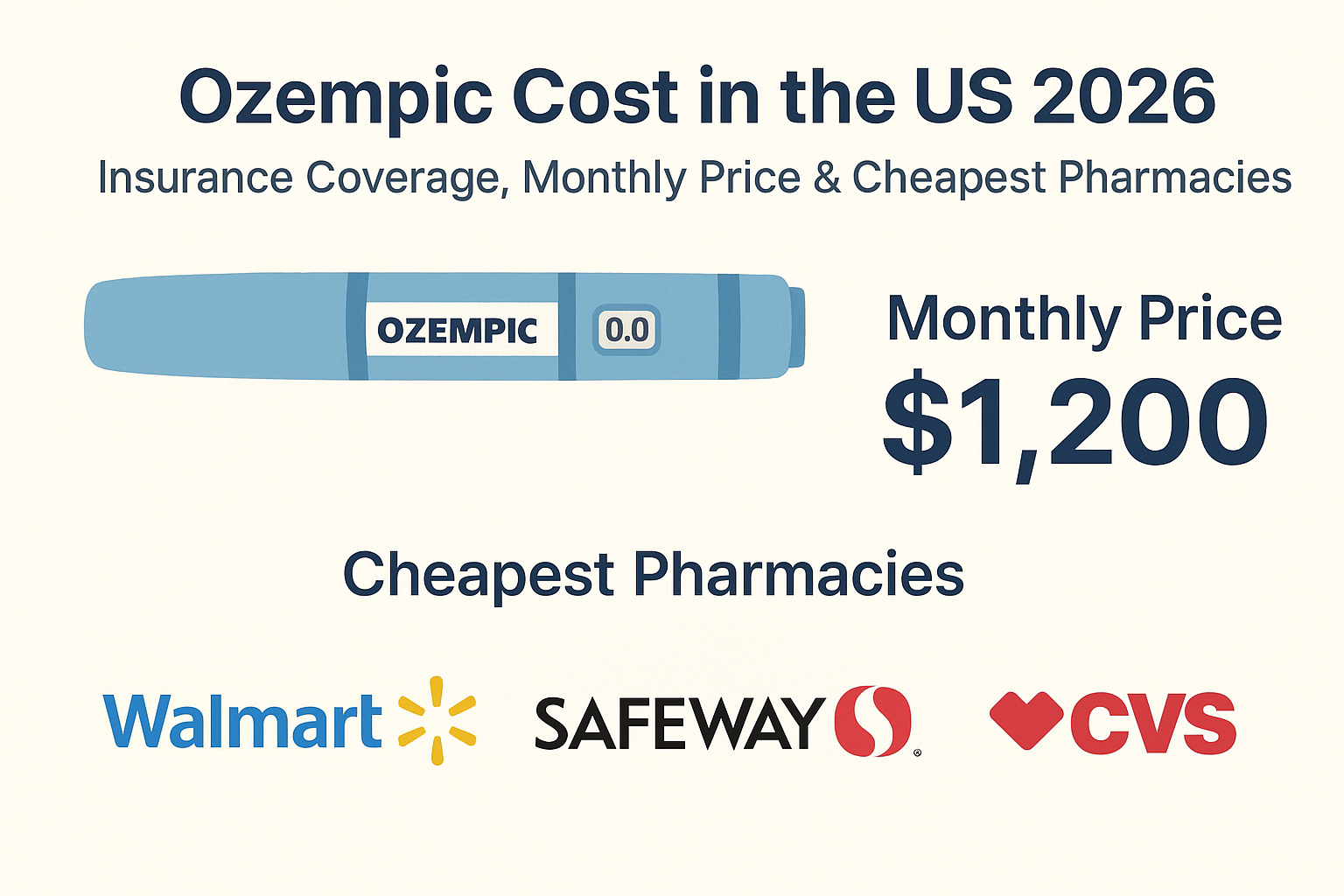

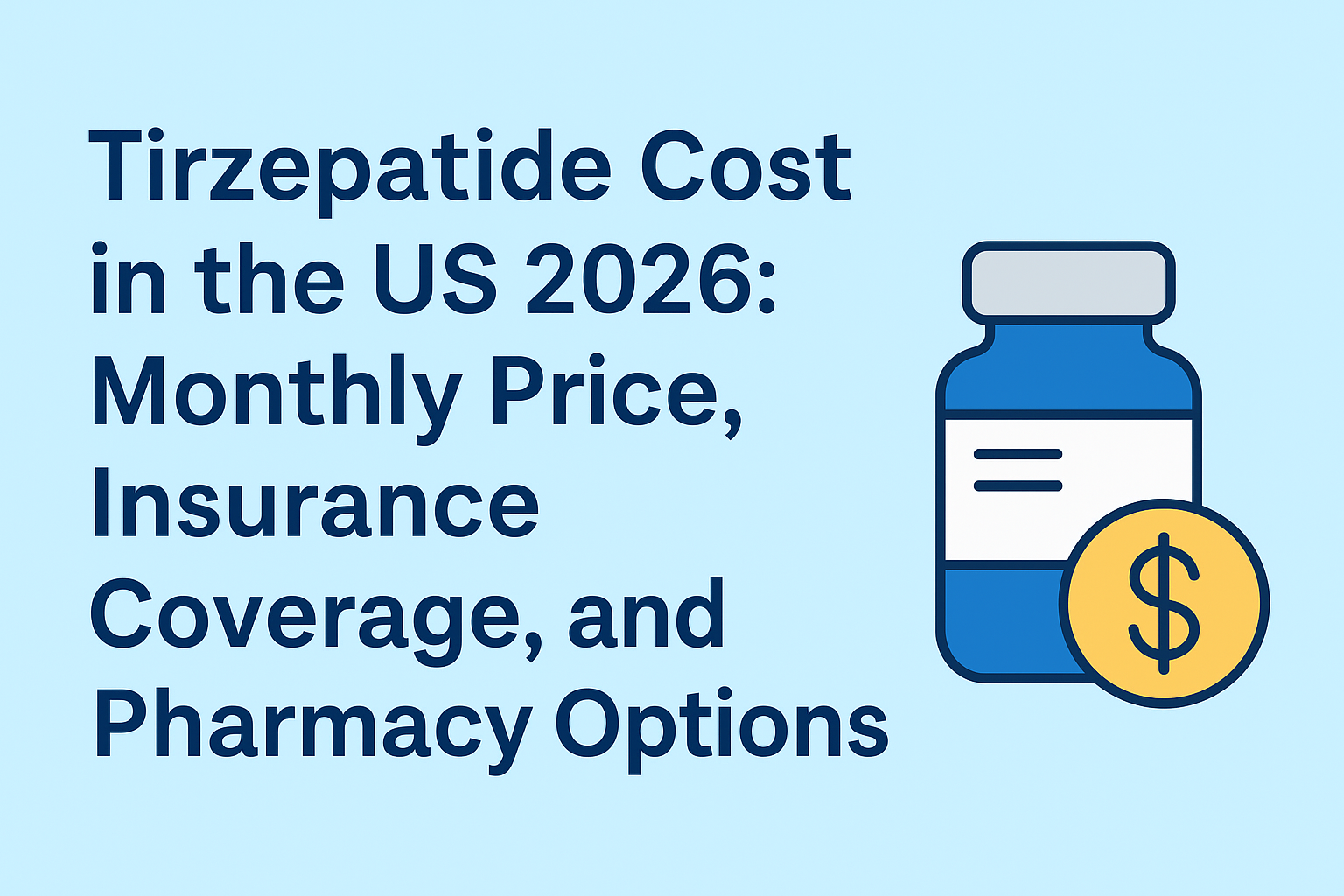
Add a Comment